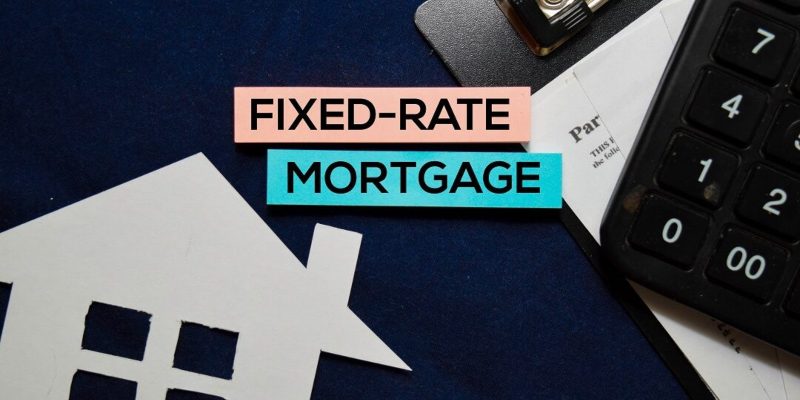As a graduate student, you have the choice to take out federal direct unsubsidized loans, graduate PLUS loans or private student loans. Federal direct unsubsidized loans often feature the lowest interest rates and the most flexible repayment options.
But you can only borrow up to $20,500 per year in direct unsubsidized loans, and some students need to borrow more than that. Below we have chosen the top federal and private loan alternatives for graduate students based on aspects including fees, repayment options and convenience of the application procedure.
Loans from private lenders

Be sure to look at a variety of different lenders if you need a private student loan. Since every loan provider has rates and terms, shopping around might help you discover the best loan possible. Prequalification for a loan is offered by many institutions and provides you with an idea of the interest rates you might be offered.
But if you realize you have an adverse credit history after you apply, you can explain the circumstances that led to it. After getting financial counselling, the government could determine that you're qualified for a PLUS loan. Another alternative is getting an endorser akin to a cosigner who can help you qualify.
The Upcoming Wave of Student Loans Best Private Student Loans PLUS Loans: What They Are and Who They're Best For Forbes Guide to Federal Subsidized, and Unsubsidized Student Loans Private Student Loans from SoFi Analyze the Effect of Student Loans on Your Credit Score Comparing the Benefits and Risks of Co-Signing Funding for Higher Education
Rates may be lower than those offered by the federal government for highly qualified borrowers. Forbes Advisor's content is intended solely for research and reference purposes. The products and services we discuss may not suit your financial situation. Nothing on this site should be construed as a recommendation or endorsement to purchase or sell any stock or security, nor do we provide financial advice, brokerage services, or recommendations to individuals. Data regarding performance may have changed since the article was written. Results from the past may not guarantee a similar outcome in the future.
The relative importance of the various factors is as follows:
The number of months of forbearance, availability of hardship repayment choices beyond typical forbearance, origination fees, post-graduation grace period, and other features were considered within each subcategory.
Top marks went to loan providers that offered maximum APRs lower than 12%, forbearance terms longer than 12 months, rate reductions for automated payments greater than the industry standard of 0.25%, no origination costs, and the ability to release cosigners.
In some situations, lenders were awarded partial points, and a maximum of 3% of the final score was left to editorial discretion depending on the quality of consumer-friendly services offered.
How Do Graduate Student Loans Work?

Graduate student loans work similarly to undergraduate loans. Graduate students can access various student loan options offered by the federal government and commercial lenders. In comparison to private loans, federal ones tend to be less stringent in terms of eligibility requirements and more forgiving in terms of payback terms and interest rates.
Also included are substantial advantages and safeguards, such as protections against default and forgiveness schemes for student loans that have been in place since March 2020, thanks to Covid-19.
There is no compromise on editorial honesty at Forbes Advisor. All information is current as it was provided; however, some deals may have since expired. None of our partners provided, approved, or supported the author's views.
Graduate Student Loan Limits
Depending on your loan, the most money you can borrow to finance your graduate education will be different. Direct unsubsidized loans have an annual limit of $20,500 and an aggregate limit of $138,500 (no more than $65,500 can be in subsidized loans). The maximum amount that can be borrowed with a Grad PLUS loan is the certified cost of attendance minus any other financial aid the student has received from the school.
Loans from the federal government
Complete the FAFSA if you need to borrow money from the federal government for college (FAFSA). Complete this application to see if you qualify for federal student help, such as loans and grants. Graduate students need to provide their financial information, as opposed to the combined information of both themselves and their parents that is required of undergraduates. Each year you intend to continue your education, you must submit a new FAFSA.







